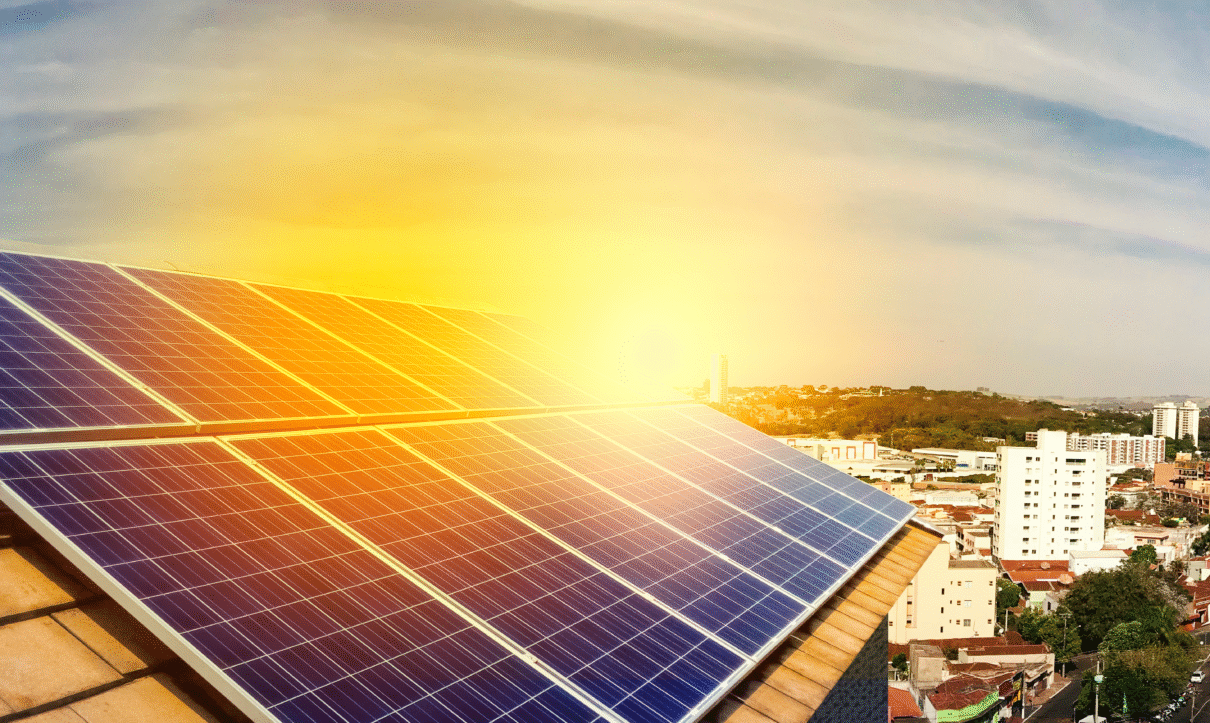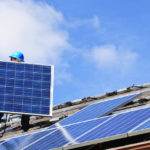Are Solar Panels Still a Good Investment in 2025?
Introduction
Over the past two decades, solar panels have proven to be a strong financial and environmental investment. But as we enter 2025, rising electricity prices, inflation, and global electrification are reshaping the energy landscape. Are solar panels still worth it? In this article, we’ll break down energy costs, market trends, and why investing in solar remains a smart choice for homeowners and businesses alike.
1. Solar Panels and the Rising Cost of Energy
Electricity rates have been increasing consistently, with an average annual rise of 2% to 3% historically, according to the U.S. Energy Information Administration (EIA).
However, in recent years, energy inflation has exceeded historical norms due to:
- Global supply chain disruptions
- Increased geopolitical tensions
- Rising fossil fuel extraction and transportation costs
Traditional fossil fuels — which still account for over 60% of global electricity — remain highly sensitive to market volatility. For homeowners and businesses, solar panels help stabilize energy costs and reduce exposure to utility rate hikes.
2. Global Electrification and Demand for Solar Panels
The electrification trend is accelerating demand for electricity:
- Electric Vehicles (EVs): Projected to reach 30 million units annually by 2030
- Home Electrification: Heating, cooling, and cooking are shifting to electric systems
- Industry: Factories are adopting electric-powered machinery to reduce emissions
All this drives up electricity usage and prices — but solar panels offer long-term control over energy costs, making them a strategic asset in this transition.
3. International Forces That Impact Solar ROI
Global markets face instability that makes local power generation more appealing:
- Resource Scarcity: Oil and gas reserves are declining, making extraction costlier
- Geopolitical Risk: Energy markets rely on unstable regions like the Middle East and Russia
- Carbon Legislation: Policies like the EU’s CBAM are increasing fossil fuel costs
Solar panels offer homeowners a way to insulate themselves from these risks. Generating your own electricity limits exposure to global volatility.
U.S. Department of Energy: Solar Maintenance Tips
4. Why Solar Panels Are a Smart Investment in 2025
Here’s why solar panels still make financial sense in 2025:
- Fixed Energy Pricing: Lock in today’s prices and avoid future utility hikes
- Strong ROI: Most systems pay for themselves in 6–10 years, followed by decades of savings
- Property Value: Homes with solar sell faster and at higher prices
- Energy Resilience: Paired with batteries, solar systems offer protection against grid failures
Think of solar panels as a long-term bond: they reduce expenses and provide inflation-proof returns for 25+ years.
5. Risks to Consider Before Installing Solar Panels
Like any investment, solar comes with risks. Be aware of:
- Upfront Costs: Still significant, though much lower than a decade ago
- Interest Rates: Financing costs are higher post-pandemic
- Regional Variability: Solar ROI depends on your state’s sun exposure and incentives
- Future Tech: New innovations could lower future prices — but today’s systems already provide real savings
A personalized break-even analysis and professional installation are key to reducing these risks.
Conclusion
In 2025, solar panels remain one of the most reliable and forward-thinking investments available. As inflation rises, energy markets tighten, and electrification expands, owning your energy production is a form of financial freedom.
Solar panels don’t just lower utility bills — they increase property value, offer peace of mind, and protect against future uncertainty. Whether for your home or business, now is still a great time to invest in solar.



